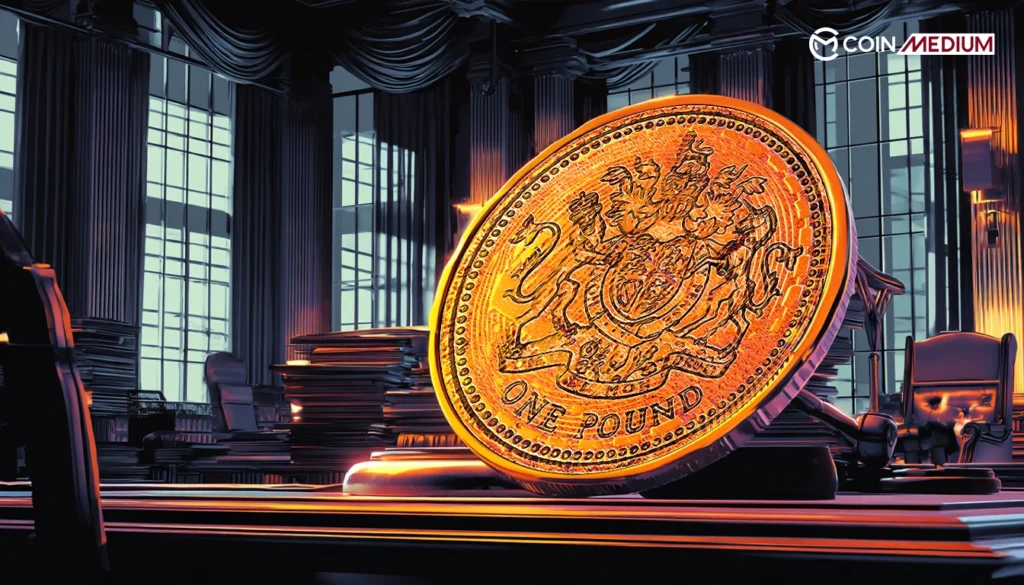Bank of England Governor, Andrew Bailey, has warned the world’s biggest banks not to create their own stablecoins. In an interview with The Times, he said these crypto assets could harm financial stability and even change the basic idea of what money is.
Bailey believes central banks should focus on tokenized deposits, digital versions of regular money, instead of private stablecoins or even central bank digital currencies (CBDCs).
“I’d much prefer if banks looked into tokenized deposits and asked: how can we make our money digital, especially for payments?”
Andrew Bailey, who also leads the Financial Stability Board ,the global watchdog set up after the 2008 financial crisis, has warned people not to invest in Bitcoin.
“It’s not real money, it doesn’t work like money, and if you’re going to buy it, please do it with full awareness of the risks.” Bailey on Bitcoin
His warning came just as Bitcoin hit a new record high of around $119,450 on Sunday, according to The Block’s Bitcoin Price page.
Bailey’s comments also come just before the U.S. House and Senate begin discussions during what Republicans are calling “Crypto Week.” Lawmakers are expected to debate the GENIUS Act, a bill already approved by the Senate that would make it easier for companies and banks to issue stablecoins. They may also consider two other proposals: one to regulate the wider crypto market, and another that would stop the Federal Reserve from launching its own digital currency (CBDC).
Bailey said the U.S. seems to be moving toward stablecoins, while the European Central Bank is focusing on creating a central bank digital currency (CBDC). But neither is looking into tokenized deposits.
This isn’t the first time Bailey has spoken critically about crypto. Back in February, during a talk at the University of Chicago Booth School of Business in London, he described non-stablecoin cryptocurrencies as very risky and more like speculative investments than real money.
When it comes to stablecoins, Bailey believes strict rules are needed. He thinks people expect anything used for payments to be as reliable and secure as traditional money, so stablecoins must meet high standards.








